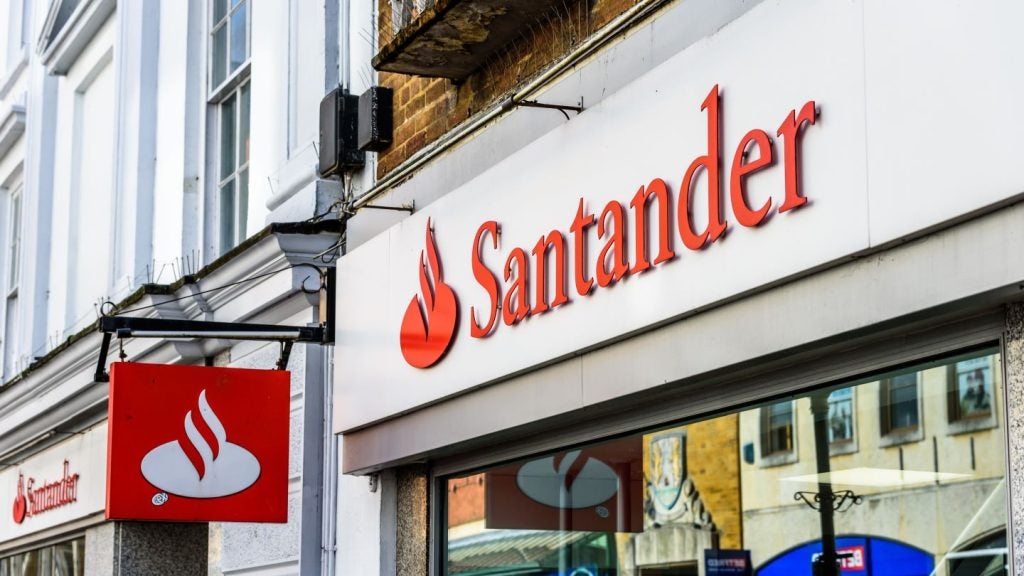Industry experts weigh in on the future of SME lending, highlighting the persistent economic and political uncertainties shaping the landscape in 2024. Despite stability, factors like inflation, interest rates, and potential government changes may impact investment decisions and contribute to rising default risks. Finativ’s Peter Hunt reports.
Uncertain economic and political conditions
While conditions are much more stable than in late 22 / early 23, economic uncertainty remains. Both inflation and interest rates are expected to decline but slowly – with possibly no change in interest rates during 2024. At some point, there’s likely to be a general election (and potentially a new party in charge), though this could also be pushed into early 2025.
For some businesses, this will lead to delays in investment decisions, not helped by any further U-turns in government policies (as recently experienced with HS2 and the phasing out of ICE vehicles). Overall, the OBR’s November projection for business investment in 2024 is down nearly 6% on 2023.
Default risks are expected to rise. Recent insolvency rates are at their highest since 2009 and are expected to remain high. Sectors with high energy usage will continue to suffer.
Consumer spending will remain under pressure as low, fixed-rate mortgage deals lapse, and the OBR’s 2024 forecast for Real Household Disposable Income is a fall of 0.9%. As an early signal, the fall-out from Christmas trading will be interesting. A drop in consumer confidence will filter into the SME market and alongside other headwinds, drive an increase in borrowing arrears.
The asset finance sector proved itself to be robust through the Covid pandemic. 2024 market conditions are likely to offer challenges but these should be fully manageable. Finance companies are aware of the risks and will be prepared.
Economic forecasts have a habit of being wrong, and based on their on-the-ground experience (continued growth and low arrears), many finance companies remain bullishly in growth mode and may enjoy a very successful 2024.
How well do you really know your competitors?
Access the most comprehensive Company Profiles on the market, powered by GlobalData. Save hours of research. Gain competitive edge.

Thank you!
Your download email will arrive shortly
Not ready to buy yet? Download a free sample
We are confident about the unique quality of our Company Profiles. However, we want you to make the most beneficial decision for your business, so we offer a free sample that you can download by submitting the below form
By GlobalDataGovernment intervention
One piece of good news is the full expensing of asset purchases has been made permanent as announced in the Autumn Statement; albeit that it places specialist leasing businesses at a disadvantage.
The ESG reporting regime is moving towards becoming more established, detailed and coordinated. The government is currently reviewing the international standard IFRSS2 which could lead to a mandating of Scope 3 reporting for listed companies (though not in 2024). A growing ESG imperative will drive new business models (including more “purpose-led” organisations) and lending opportunities.
The current version of RLS will expire and is likely to be replaced in April, with an announcement expected in the Spring Budget. There is speculation that the new solution will be targeted towards investment in green assets.
While implementation of Basel 3.1 capital arrangements has been pushed back to 1/7/25, “near-final” rules will be made available in Q2, including treatment of the SME Support Factor, with knock-on impacts on profitability, pricing and competitive dynamics.
Lending models
It is expected that lending models will evolve rather than change radically.
The broker market is expected to continue to grow and consolidate, with larger broker firms expanding their sales reach under well-managed regulatory umbrellas.
New business models will evolve, especially for larger firms who could shift towards offering a broader product set, more own-book activity or participate in joint funding models with lenders.
In captive and vendor finance situations, as-a-service lending is on the increase though not yet near the scale predicted, and pay-per-use solutions will continue to evolve.
Commoditisation and specialisation
Continued simplification of the asset finance product – whether for reasons of market effectiveness, regulation, related transparency, process efficiency or scalability – has already driven a level of commoditisation with less availability of income streams beyond money-overmoney margins.
As a result, in many cases, the primary differentiator between competing lenders has become price (this was shown clearly during periods of interest volatility in 2022/3).
This has increased the power to scale of larger lenders with low funding costs and has driven a rise in the number of niche specialist lenders who aim to build market-specific competitive advantage, often below the scale required by a large lender or driven by growth-oriented shareholders able to spot attractive lending niches. For these firms, the need for continued growth is likely to remain in 2024.
Net zero
The transition to net zero will continue, creating new lending opportunities. Scaling up seems inevitable but the transition will not always be smooth, especially in liquid markets like cars and vans where new and especially used values will be prone to variation.
The adoption of new BEVs will remain hindered by high prices and first-life depreciation, leading to threats from lower-cost market entrants. The corporate market will continue to lead the way, aided by attractive benefit-in-kind (BIK) rates.
Funding of renewable energy assets will remain a struggle for many lenders, unable or unwilling to modify historic practices. For the British Business Bank (BBB) or larger financial institutions seeking to underpin green financing, the development of a
suitable wholesale finance solution to support intermediary lenders was highlighted as an opportunity for purpose-led, profitable growth.
Technology
AI and IoT technologies are expected to evolve rapidly, with the potential to herald new ways of lending that aren’t expected to be realised at scale in 2024. The role of IoT data in supporting more effective asset management – usage patterns, maintenance and replacement – is noted.
Digitalisation will continue to raise table stakes for competition, and done well will provide points of differentiation for lenders. Connectivity through APIs will continue to support better integration between trading partners and new ways of working.
Increasingly, point solutions will be adopted that help to streamline processes and add new areas of value. Connected technology developments will be aided by the continuing rollout of 5G, able to support more sophisticated environments for information flows.
M&A and other structures
Some consolidation may occur if trading conditions and profitability decline, though given the impact of recent interest rises buyers and sellers are likely to have materially different views on value. Neither is wrong, so unless a seller is distressed or the acquirer is looking for a strategic investment, the M&A market is likely to remain quiet.
Some funders will look to alternative structures to drive growth and right-shaping, such as partnerships (to access capabilities or new business volumes), forward flow arrangements (for market access) and outsourcing (for operational capabilities).
Outlook
The asset finance market is likely to have seen around £38bn of new business in 2023, with over 80 lenders. There will be market challenges in 2024 that need to be overcome but equally, there are a wide range of growth-related opportunities available to the brave, the smart and the committed.
Peter Hunt is the COO of Finativ








